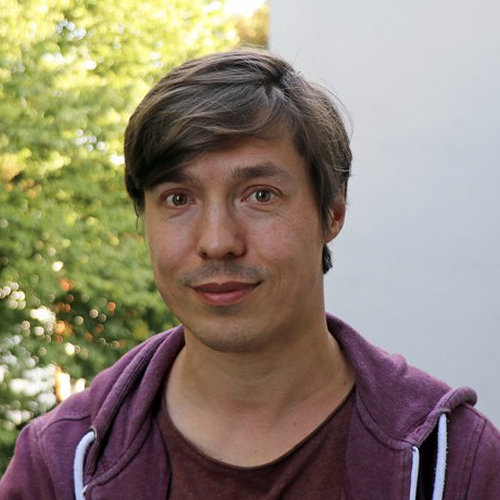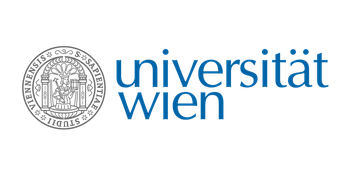
Dr. Gregor Wiedemann
Principal Investigator P6: "Political discourse: ComAI and deliberative quality" & KP: ComAI Research Space
Since September 2020, Dr. Gregor Wiedemann has been working as Senior Researcher for Computational Social Science at the Leibniz Institute for Media Research │ Hans-Bredow-Institut (HBI). Together with Sascha Hölig he heads the Media Research Methods Lab (MRML). His current work focuses on the development of methods and applications of natural language processing and text mining for empirical social and media research.
Gregor Wiedemann studied political science and computer science in Leipzig and Miami, USA. In 2016 he received his doctorate from the Department of Computer Science (NLP group, Prof. Gerhard Heyer) at the University of Leipzig for his thesis on automation of discourse and content analysis using text mining and machine learning methods. Afterwards he worked as a postdoc in the Department of Computer Science (Language Technology group, Prof. Chris Biemann) at Universität Hamburg.
Among other things, the resulting works are concerned with unsupervised information extraction to support investigative research in unknown document collections (see newsleak.io) and with the detection of hate and counter-speech in social media.
Before starting at the MRML, Gregor Wiedemann headed the DFG project “A Framework for Argument Mining and Evaluation (FAME)” which deals with the automatic recognition and evaluation of recurring argument structures in empirical texts.
Contact:
Prof. Dr. Andreas Hepp
ZeMKI, Center for Media, Communication and Information Research
University of Bremen
Phone: +49 421 218-67620
Assistent Mrs. Schober: +49 421 218-67603
E-mail: andreas.hepp@uni-bremen.de







